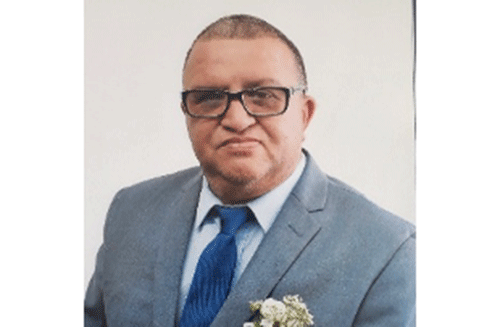The most important issue in a mission is this element of word and action. There are those who think that a mission is primarily about talking but if we take a look at the biblical tradition, we will see that the sharp distinction which we are inclined to draw between word and action is not in fact there anymore. Harvey Cox in his book ‘God’s Revolution and Man’s Responsibility’, when talking about the word of God puts it this way “When God speaks, something happens. He does something, He speaks and the world is created. His word brings light to the darkness.’’
Summing up his thinking, Harvey Cox uses the words of Rudolph Bultman, a German Theologian, in saying … “Whatever Jesus says is a doing, and whatever He does, is a speaking for His actions speak and his words act’’…From this we can see that within the biblical tradition, God speaks through actions and then He speaks according to the biblical tradition, those words have power and they act. This is very important for us in 2025 to remember because we can very often fall into the trap of making verbal statements and not matching our words with actions.
The question which we have to face is really to understand exactly where we are in terms of this chart at the present time, particularly where we are in relation to our missions within our different organisations and institutions. In order for us to accomplish a national mission in 2025 we have to recognise that a mission cannot be a top-down approach only and hope that it will filter down.
What each and every organisation and institution needs to do in terms of our mission, is to start at local and regional levels.
This means that we need to start at the level where the concerns of the people are best known.
If we are truly involved at that kind of local and regional level, beginning to be involved with people, in struggle, with the people, then discussion about what the mission of our institutions should be in fact become largely unnecessary because that is where we will be fulfilling our mission in word and action right at the base where people in fact are affected. Then it is from these active local and regional mission initiatives that there can be a town initiative which brings people together for the purpose of cross fertilization, of encouraging each other on the kind of activities they should be involved in.
Therefore, in order to bring light to the darkness, the people working at the fundamental roots in word and action should determine the agenda for all levels which should in turn be taken up to the leaders at the local and regional levels who thereafter would submit it to top government leadership.
*Reverend Jan A Scholtz is the former chairperson of the //Kharas Regional Council and former! Nami#nus constituency councillor. He holds a Diploma in Theology, B-Theo (SA), a Diploma in Youth Work and Development from the University of Zambia (UNZA), as well as a Diploma in Education III (KOK) BA (HED) from UNISA.


